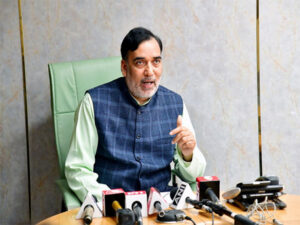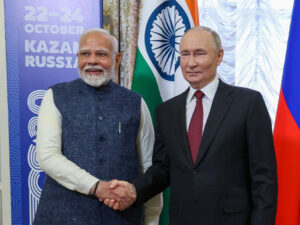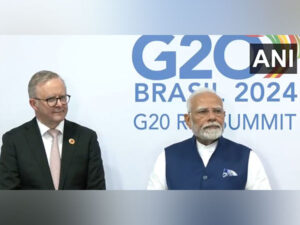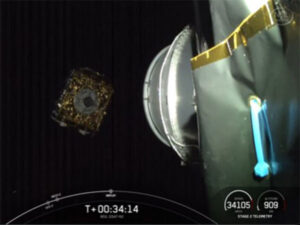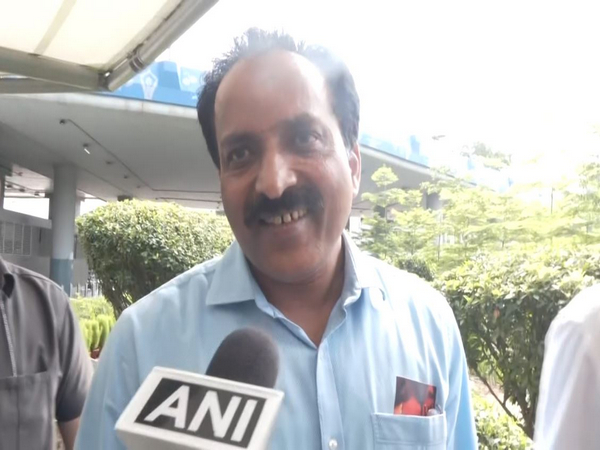
New Delhi [India], September 27 (ANI): Indian Space Research Organisation (ISRO) Chairman S Somanath on Tuesday said that the mission to the brightest planet in the solar system, Venus is already configured adding that payloads have been developed for the future mission. Addressing the Indian National Science Academy in Delhi, ISRO chief Somanath said, “We have a lot of missions in the conceptual phase. A mission to Venus is already configured. Payloads have already developed for it.
ISRO chairman further stated that Venus is an interesting planet and exploring it will help answer certain questions in the field of space science. “Venus is a very interesting planet. It also has an atmosphere. Its atmosphere is so thick. The atmospheric pressure is 100 times that of Earth and it is full of acids. You cannot penetrate the surface. You don’t know if its surface is hard or not. Why are we trying to understand all of this? Earth could be one day Venus. I don’t know. Maybe 10,000 years later we (Earth) change our characteristics. Earth was never like this. It was not a habitable place long long back,” he said.
Venus is the second planet from the Sun and is Earth’s closest planetary neighbor. It’s one of the four inner, terrestrial (or rocky) planets, and it’s often called Earth’s twin because it’s similar in size and density.
More recent Venus missions include ESA’s Venus Express (which orbited from 2006 until 2016) and Japan’s Akatsuki Venus Climate Orbiter (orbiting since 2016). NASA’s Parker Solar Probe has made multiple flybys of Venus. On Feb. 9, 2022, NASA announced the spacecraft had captured its first visible light images of the surface of Venus from space during its February 2021 flyby.
Meanwhile, following the triumphant soft landing of Chandrayaan 3 on the lunar South Pole, ISRO launched the Aditya-L1 Mission to study the Sun in unprecedented detail. In only six decades, India has rapidly ascended as a global frontrunner in space technology and exploration, with much credit attributed to the ISRO.
ISRO‘s laurels extend to space exploration as well, with feats like the Chandrayaan missions for lunar exploration, the Mars Orbiter Mission (Mangalyaan) in 2013—India’s inaugural interplanetary expedition—and the initiation of AstroSat in 2015, marking the country’s first dedicated astronomical pursuit. (ANI)






